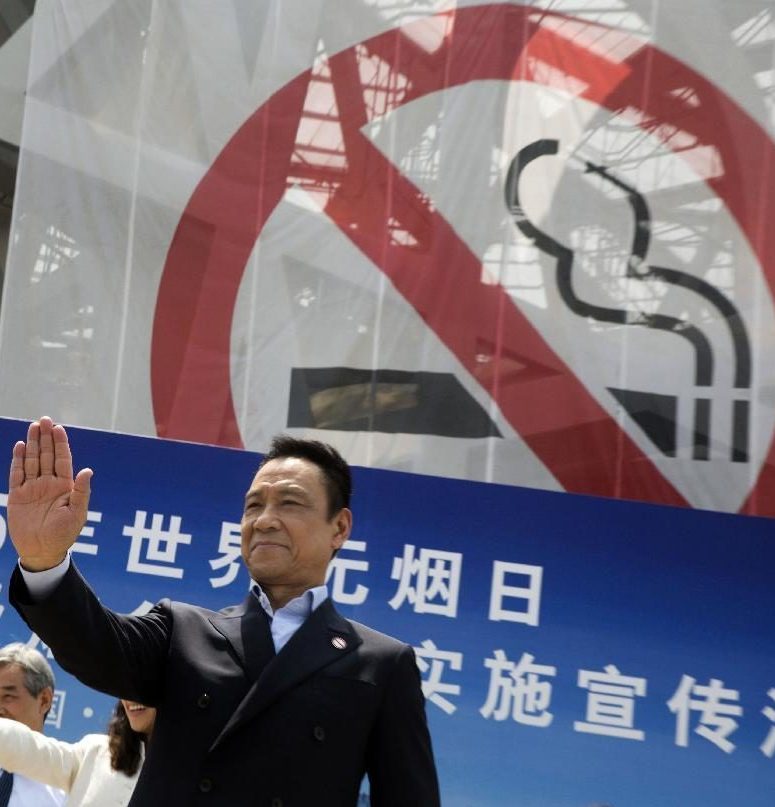Beijing snuffs out smoking in indoors and in public spaces
The toughest anti-smoking legislation in China’s history came into effect on Monday in Beijing, with unprecedented fines and a hotline to report offenders following fears of weak enforcement. The law makes smoking in offices, restaurants, hotels and hospitals illegal, with venues where the ban is flouted liable to fines of up to 10,000 yuan ($1,600). Venues which repeatedly ignore the law could have their licenses revoked, while individuals caught smoking in specified areas could be fined as much as 200 yuan. As well as indoor smoking, the law prohibits lighting up in some open-air spaces close to schools, hospitals, and sports venues. Despite a government awareness campaign that saw posters detailing the law displayed in restaurants and offices around the city, many say it will be difficult to implement. Nightclubs had been singled out as a potential problem area.
The key lies in the business owners. They have the responsibility to ensure no smoking within their establishments.
Zhang Jianshu, president of the Beijing Tobacco Control Association
Police, building managers, tenants and health inspectors have been called on to implement the ban, but the law “fails to make clear who is ultimately responsible, thus leaving the possibility that they will pass the buck to each other”, state-run newspaper Beijing Youth Daily pointed out. The law — limited to the capital — is not China’s first such effort. A similar nationwide measure was passed in 2011, albeit without financial sanctions, but implementation was lackluster. China has more than 300 million smokers, and more than 1 million people die each year due to smoking-related diseases, according to the National Health and Family Planning Commission. More than half of Chinese smokers buy cigarettes at less than 80 cents a pack.

World beijing smoking